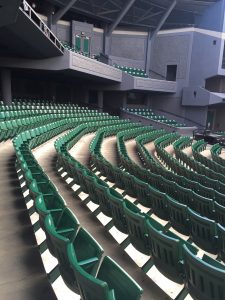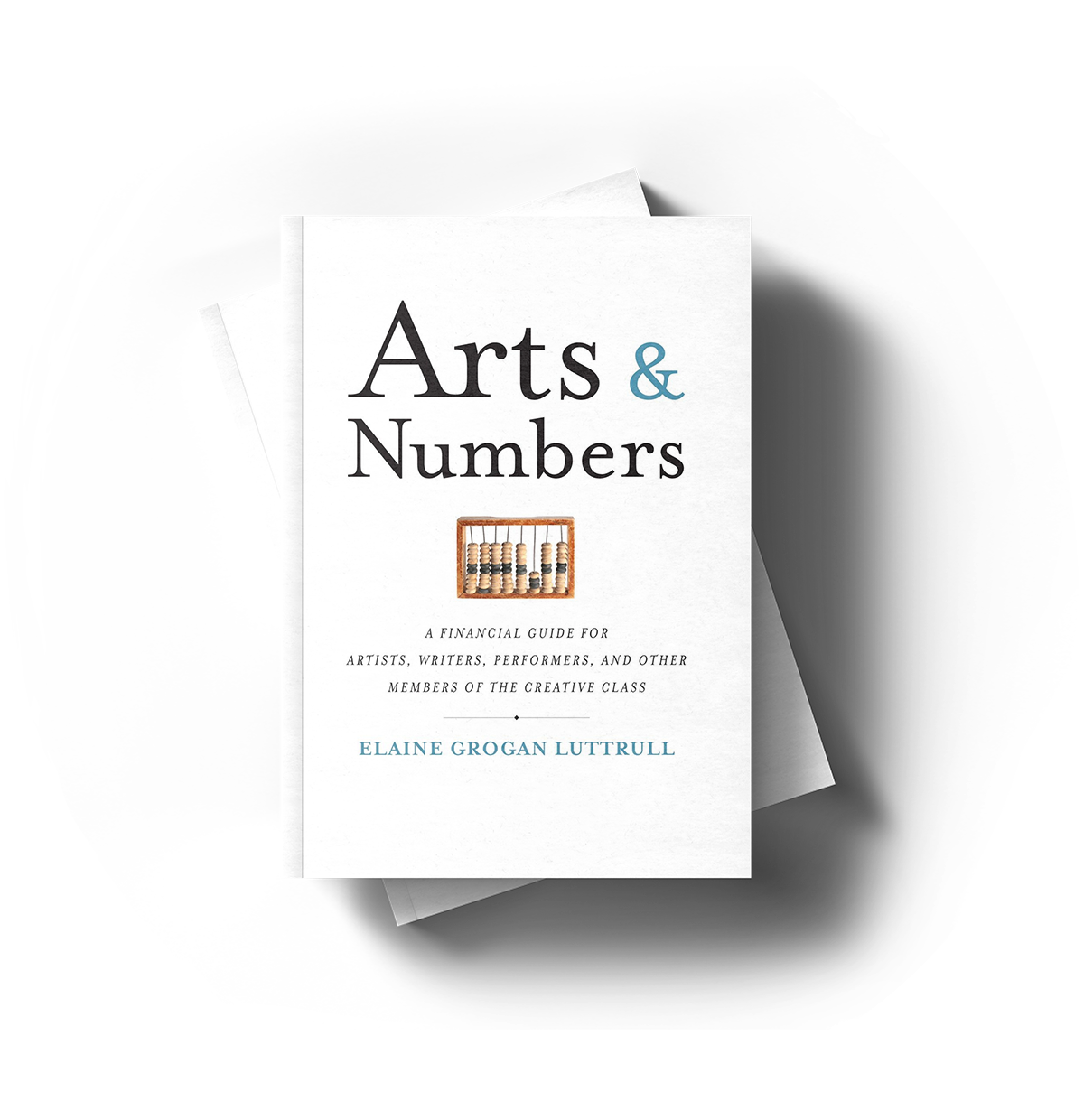November 7, 2016 • Minerva News

Remember the 1992 U.S. Men’s Olympic Basketball team? The team was called in increasingly grandiose terms “the greatest collection of basketball talent on the planet” (Naismith Memorial Hall of Fame) and “the greatest sports team ever assembled” (Bob Costas). It featured a collection of professional (and one future professional) basketball players who joined together for the Olympic team, regardless of their home team affiliations.
The 1992 Dream Team worked because of a unique combination of special skills, collaboration, and shared vision. And there’s no reason why you can’t build your own dream team as well. But instead of a shared gold medal vision, your dream team’s shared vision should align with your own creative vision. (And really, for all intents and purposes, you are the coach and captain of your dream team. Your vision wins. Everyone else brings unique expertise to support your vision. You are like the Michael Jordan of your own Dream Team.)
Instead of a sports team, though, your “dream team” is really more like a core community of support (an idea I pondered in the June/July 2016 issue of Professional Artist). It should include an attorney, a financial advisor, a marketing guru, a creative mentor, and a community advocate.
The creative mentor is someone (or several someones) who offers creative professional support. Ideally, these are creative individuals within your discipline who have a bit more experience than you do. You trust their instincts, value their advice, and learn from their experiences.
The community advocate is someone who serves in an administrative role within your industry. Maybe this person works for a supporting organization, like the NEA or Americans for the Arts. Maybe this person works for an advocacy group, like TCG, Actors’ Equity, or the Freelancers’ Union. Maybe this person even works for a funding group, like a foundation or an arts council. Because of this person’s role within the industry as a supporter, an advocate, or a funder, he or she will offer a perspective that differs from a mentor’s perspective.
You could probably spend all of your time mastering the creative skills needed to execute your vision. (And you probably do.) Your creative mentors and community advocates can help. But there are plenty of other skills (the less sexy, less creative ones) that need to be mastered as well.
Think about your legal protections: Do you have a contract template that protects your legal rights? Are you filing appropriate intellectual property paperwork when necessary? Are you taking steps to enforce your IP rights?
Think about your financial protections: What long-term investment strategy are you following? Who do you rely upon for tax advice? What accounting system do you use?
Think about your business strategy: How do you set your prices? How do you make sure your skills are sharp? How do you identify your target audience? How do you reach them once you know who they are?
The rest of your dream team—the attorney, financial advisor, and marketing guru—exists to help you with these questions, each within his or her area of expertise. Maybe you call upon them occasionally for advice in an informal capacity, or maybe you retain their services on an ongoing basis. But these experts are in your corner. They’re on your team. You know you can ask them for help.
By building an ongoing relationship with these individuals and including them in your core community of support, you ensure they consider your creative point of view in offering advice.
Instead of desperately searching online for a low-cost attorney or even a free online resource when you face a legal question, you call upon your community of support. Instead of using a free- or low-cost tax planning service with no knowledge of the creative industry, you you’re your community of support. Instead of relying on click-bait marketing headlines (“Five Tweets Guaranteed to Increase Traffic!”), you use the tailored knowledge of your community of support.
That is the beauty of a community of support. It is just that: Support (including technical expertise) from those who know and participate in your Community. In each case, the transaction goes deeper than the exchange of expertise for dollars. It involves a relationship with the technical experts. This doesn’t mean you’ll get advice for free… But it does mean you’ll get much more than what you pay for.


